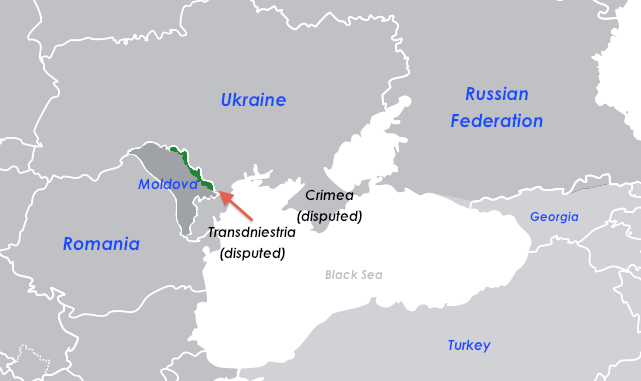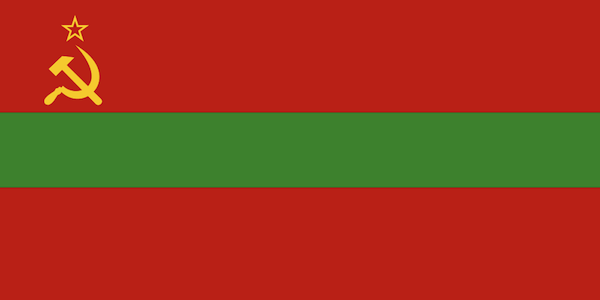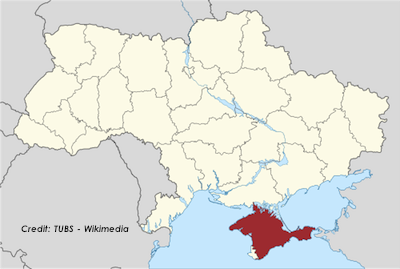Arsenal Essay: This isn’t Neville Chamberlain in 1938. It’s the world NOT taking the bait of Serbian gunmen in 1914.
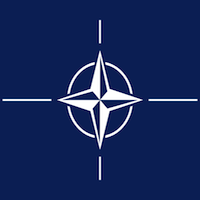 The Crimea annexation has raised a crucial question: What is the world to do when a country with a large military and nuclear weapons decides to end a (voluntary, it turns out) period of non-aggression toward its neighbors?
The Crimea annexation has raised a crucial question: What is the world to do when a country with a large military and nuclear weapons decides to end a (voluntary, it turns out) period of non-aggression toward its neighbors?
For a while, the Soviet Union and Russia was so bogged down by the 1980s Afghanistan debacle and economic problems of the 1990s that it wasn’t in a strong position to intervene militarily in its European neighbors’ political affairs as it had once regularly done.
But by the mid-2000s, Russia’s military was back up and ready. The United States and the wider Western world appears to have mistakenly convinced itself that Russian non-intervention in Eastern Europe was due to universalizing of norms against such interference and some sort of implicit global check against it.
Putin doesn’t appear to feel bound by any of those norms, after all (though the United States has had an extremely iffy track record on that as well since 1999). For some time now I’ve been firmly in the camp that this has more to do with restoring the pre-1914 Russian Empire and little to do with restoring the USSR. I think Putin’s vision of Russia is a lot like the Russia that was a European power with an inferiority complex and a Peter the Great-inspired desperation for Europe’s respect but not its approval.
It also calls to mind the arrogant Russia that saw itself as the older brother (and divinely chosen leader) of all Slavs everywhere, whether they liked it or not — and the White Man’s Burden Leader of the near abroad (especially Central Asia, as we’ve seen flashes of again recently). We’ve seen the revived patronizing attitude of Russians who simply can’t comprehend why Ukraine wouldn’t want to be part of Russia again.
Of course — as I’ll return to later in this essay — that was the same “Older Brother Russia” with the largest land army in the world that invaded the Austro-Hungarian Empire, in response to an Austrian police action in Serbia following the Serbian assassination of the Archduke Franz Ferdinand in 1914 (and Serbia’s alleged refusal to hand over the terrorists).
Rather than the Slavic World-Tsar liberating the Yugo-Slavs (the Slavs of the South), it brought the world into a devastating war that collapsed four empires, including Russia’s.
But let us return to Putin’s neo-imperial Russia of today. The lack of Russian invasions in Eastern Europe in the past nine years — apart from the disputed circumstances of Georgia in 2008 — seems now to have been more out of the “goodness” of Putin’s heart than out of any real commitment to respecting the independence of the Federation’s neighbors.
Putin’s revelation is that the 1956 rules still apply no less than they did in 1956, when the Soviet Union violently invaded Hungary (an anti-NATO Warsaw Pact member) to preserve communist rule there, and NATO was forced to watch passively because it could not risk a nuclear war over the matter.
Does the current Russian leadership, like the Soviet leadership of 1956, have enough sense to realize that it can only get away with interventions in its “sphere of influence” or will he press his luck? At the end of the day, it’s at least partly a matter of voluntary forbearance, as to how far Russia pushes. But partly as the hawks are telling us, it’s also about whether NATO and the United States are a credible umbrella for NATO members in Eastern Europe. As in: Is NATO really prepared to honor its defense obligations to the Baltic Republics if Russia intervenes there too?
I don’t know for sure if we’d actually launch a war if Russia invaded Estonia, say, but I do know that the United States isn’t twiddling its thumbs either — and is working to make sure that doesn’t happen in the first place, so that we never have to find out. Contrary to Republican belief, President Obama has been taking strong measures to shore up NATO allies in Eastern Europe against Russian aggression. Here’s the New York Times on the moves:
Since President Vladimir V. Putin ordered troops to seize Crimea, Mr. Obama has become increasingly engaged, blitzing foreign leaders with telephone calls, imposing sanctions and speaking out more frequently.
To reassure nervous allies, he sent six extra F-15C Eagles to Lithuania and 12 F-16 fighter jets to Poland. Mr. Obama, who met here with Anders Fogh Rasmussen, the NATO secretary general, will further bolster defenses in Eastern Europe by rotating more ground and naval forces for exercises and training in Poland and the Baltic countries; update contingency planning; and increase the capacity of a NATO quick-response force.
“Putin just declared war on the European order and it’s demanding that the United States focus on Europe again as a security issue,” said Damon Wilson, a former national security aide to Mr. Bush and now executive vice president of the Atlantic Council. While some Republicans have pushed the president to be tougher, Mr. Wilson praised Mr. Obama’s response. “I don’t think I’ve seen the president more personally engaged on any foreign policy crisis in a concerted way as he has been on Ukraine.”
This might not do much to help or re-assure non-NATO members such as Ukraine, Moldova, or Sweden, but we haven’t ever legally bound ourselves to defend them in the event of a foreign attack. The administration is striking a balance by re-affirming our existing commitments and alliances without drawing us into fresh entanglements that risk a World War I-style avoidable meltdown into war between major powers.



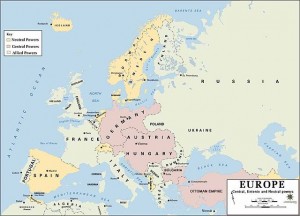
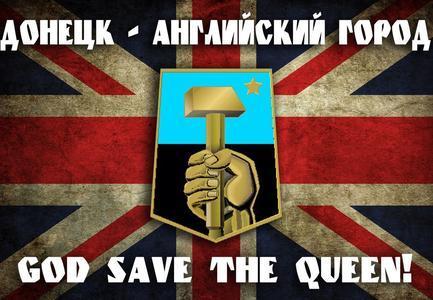
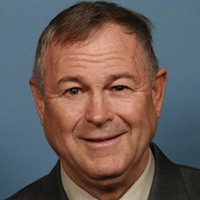 Wow, there is so much to unpack in that article.
Wow, there is so much to unpack in that article. 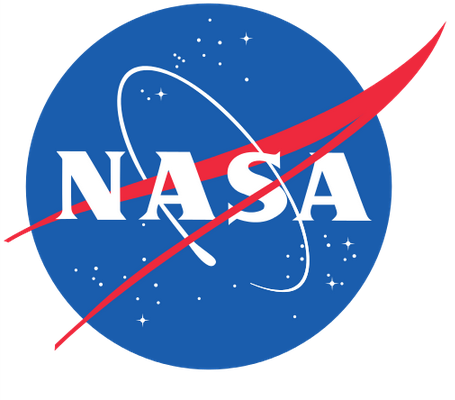 If nothing else, let’s all stop for a moment to appreciate that the joint Russian-US space program efforts have continued totally uninterrupted, despite everything happening politically, including a barrage of American sanctions on senior Russian officials.
If nothing else, let’s all stop for a moment to appreciate that the joint Russian-US space program efforts have continued totally uninterrupted, despite everything happening politically, including a barrage of American sanctions on senior Russian officials. 